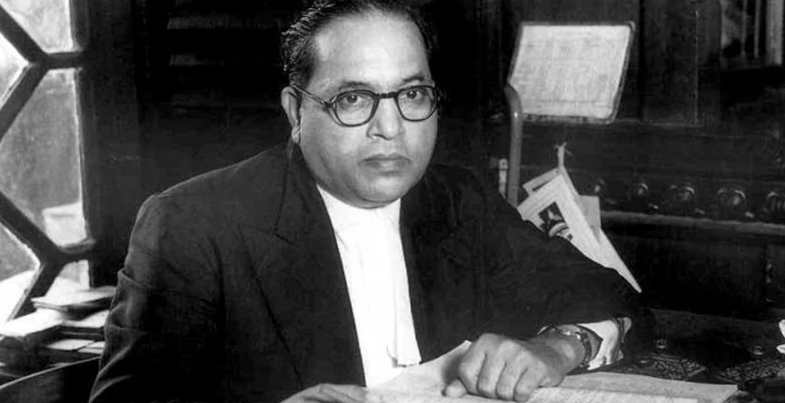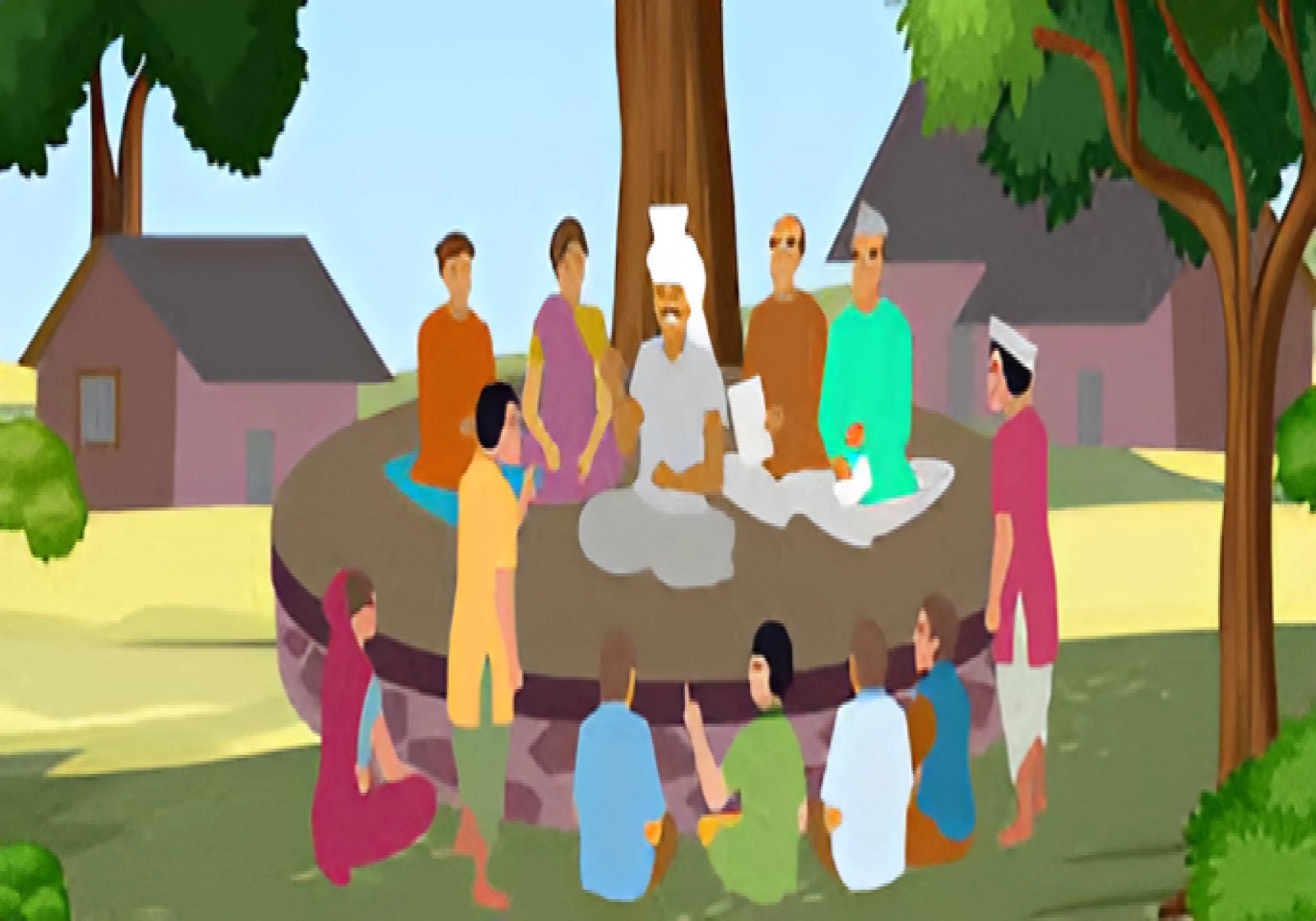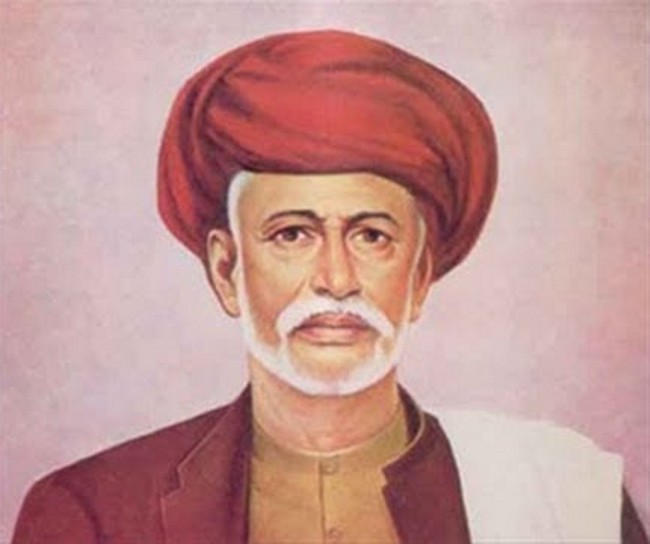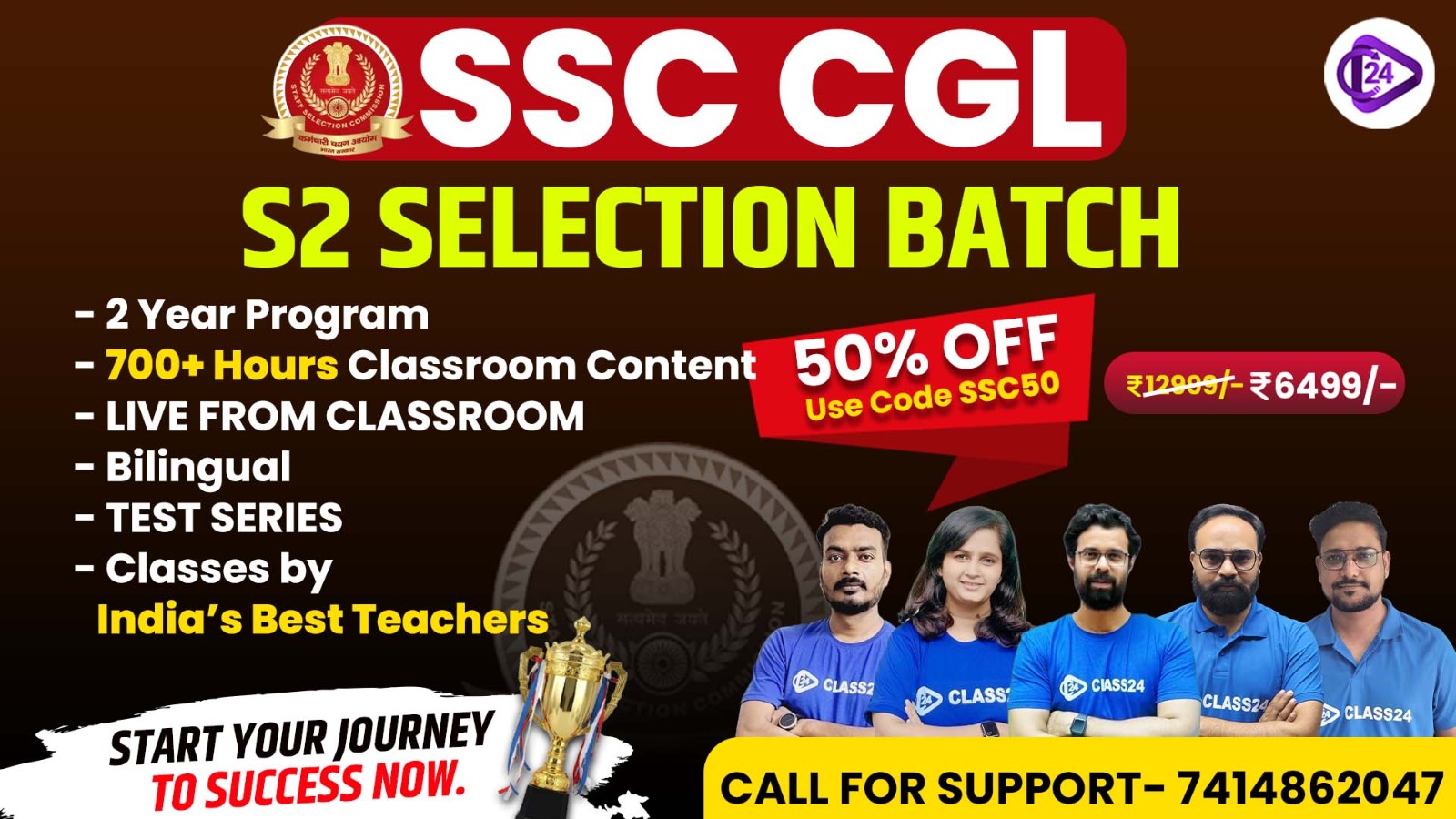
Scientists at JNCASR in Bengaluru established an effective therapeutic treatment which addresses genetic and epigenetic ASD and ID origins. A therapy utilizing CSP-TTK21 demonstrated the capability to activate epigenetic enzymes and restore cognitive functions with neuroplasticity in animal subjects thus proposing possibilities for patient independence.
-
The discovery occurs on World Autism Awareness Day which maintains yearly observance on April 2 through support initiatives for autism awareness and acceptance worldwide.
-
The year 2025 focuses on "Advancing Neurodiversity and the UN Sustainable Development Goals (SDGs)."
-
Scientists have taken this breakthrough in step with worldwide research dedicated to neurological conditions through inventive approaches.
About Autism Spectrum Disorder (ASD)
-
Autism Spectrum Disorder consists of different neurodevelopmental conditions that impact how someone interacts with others and communicates and behaves.
-
Children typically develop autism symptoms before reaching three years old but doctors find wide differences between individual cases.
-
ASD patients despite carrying the outdated mental retardation label demonstrate remarkable talents in artistic, musical, written and mathematical domains.
Causes of ASD
-
Scientific evidence links ASD to multiple contributing elements between gene structures and natural conditions.
-
Researchers do not pin down one definite cause since various risk factors intertwine against each other to create autism.
Common Signs and Symptoms
-
The inability to maintain proper eye contact in addition to the lack of understanding social cues along with the difficulty in developing relationships represent social communication and interaction challenges.
-
The symptoms involve limited and repetitious patterns regarding behaviors as well as interests and activities.
-
Sensory sensitivities (e.g., to light, sound, texture).
-
Delayed language development in some cases.
Treatment and Management
-
Effective management of autism remains possible although medical treatment to cure this condition does not exist.
-
Key interventions include:
-
Evidence-based psychosocial therapies
-
Behavioral treatment (like Applied Behavior Analysis)
-
Transportation Companies should offer skill-development programs for household members who take care of children.
-
People affected by autism need complete access to medical care together with rehabilitation treatments and educational programs.
-
Global and National Initiatives
The UNCRPD provides essential rights protection to people with ASD together with their inclusivity provisions.
-
The Right of Persons with Disabilities Act, 2016 (India):
-
The list of recognized disabilities grew from 7 to 21 and autism spectrum disorder was included.
-
People with autism spectrum disorder gain complete entry to educational opportunities combined with accessible work placement and social support programs.
-
-
WHO Resolution (2014):
-
The document released by WHO under the name “Comprehensive and coordinated efforts for the management of autism spectrum disorders”
-
This initiative receives backing from more than 60 participating nations to boost treatment quality along with improved coordination.
-
-
UN General Assembly Declaration (2008):
-
The United Nations initiated World Autism Awareness Day as an official date for April 2.
-
Conclusion
A revolutionary therapeutic method changes autism care by substituting direct treatment of fundamental molecular causes instead of managing symptoms. The successful completion of human trials will strengthen both life quality and self-sufficiency for autism and intellectual disability patients. India proves its position as a leader in both cutting-edge neuroscience studies and inclusive health technology development through this advancement.



 Telangana Becomes First State to Enforce SC Sub-Categorisation with 2025 Act
Telangana Becomes First State to Enforce SC Sub-Categorisation with 2025 Act Operation Chakra V: Tackling Digital Arrest Cyber Frauds in India
Operation Chakra V: Tackling Digital Arrest Cyber Frauds in India Dr. B.R. Ambedkar’s 135th Jayanti: Legacy of India's Constitution Maker
Dr. B.R. Ambedkar’s 135th Jayanti: Legacy of India's Constitution Maker Naxalmukt Bharat Abhiyan: From Red Zones to Growth Corridors
Naxalmukt Bharat Abhiyan: From Red Zones to Growth Corridors First Panchayat Advancement Index (PAI) Report Released – Gujarat & Telangana Lead
First Panchayat Advancement Index (PAI) Report Released – Gujarat & Telangana Lead Niveshak Didi Initiative Phase 2 Launched to Promote Financial Literacy Among Rural Women
Niveshak Didi Initiative Phase 2 Launched to Promote Financial Literacy Among Rural Women Jyotiba Phule: The Radical Reformer India Still Needs to Learn From
Jyotiba Phule: The Radical Reformer India Still Needs to Learn From World Homoeopathy Day 2025: Celebrating Dr. Samuel Hahnemann's Legacy
World Homoeopathy Day 2025: Celebrating Dr. Samuel Hahnemann's Legacy Tahawwur Rana Extradited to India: What Comes Next in the 26/11 Case?
Tahawwur Rana Extradited to India: What Comes Next in the 26/11 Case? PM Modi Inaugurates Navkar Mahamantra Divas to Promote Jain Ethics Globally
PM Modi Inaugurates Navkar Mahamantra Divas to Promote Jain Ethics Globally






